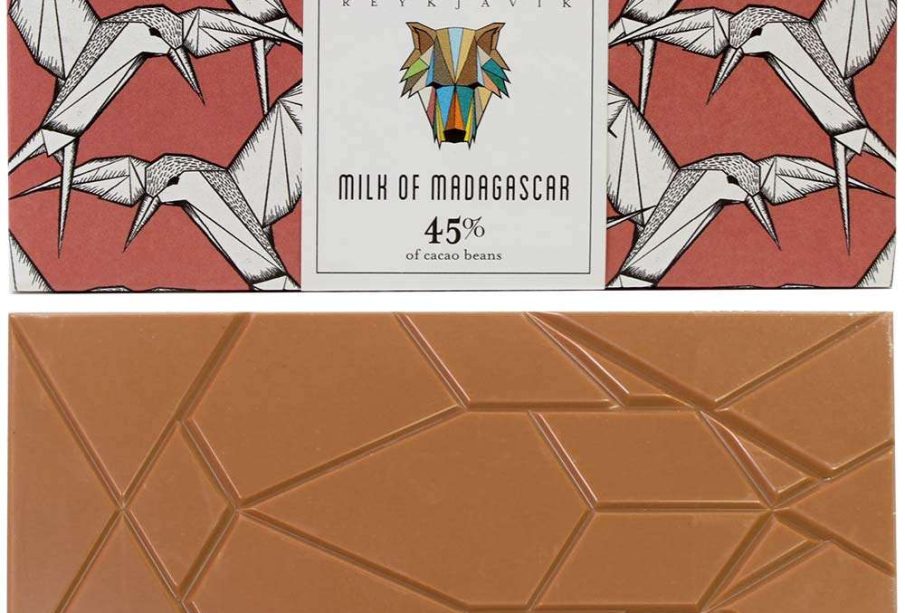Exploring the Wonders of Madagascar

The Importance of Madagascar
Madagascar, the world’s fourth largest island, is renowned for its extraordinary biodiversity and unique ecosystems. Home to more than 200,000 species of flora and fauna, approximately 90% of which cannot be found anywhere else on the planet, Madagascar represents one of the last frontiers of biodiversity. The island’s rich cultural heritage, shaped by a melting pot of African, Asian, and European influences, further amplifies its significance as a travel and conservation hotspot.
Current Events in Madagascar
In recent news, the Madagascar government alongside international organisations has rallied efforts towards biodiversity conservation, particularly in light of the alarming rate of deforestation and climate change affecting the island. According to a United Nations report, over 120,000 hectares of forest is lost annually, threatening the habitats of endemic species such as the lemur, which is critically endangered. Initiatives like reforestation projects and eco-tourism are crucial to protecting Madagascar’s unique environment while promoting sustainable economic development.
Socio-Economic Challenges
While the natural wonders of Madagascar are captivating, the country faces significant socio-economic challenges. It is one of the poorest countries globally, with approximately 80% of the population living on less than $1.90 a day. The ongoing issues of poverty, political instability, and limited access to education and healthcare hinder the government’s ability to implement effective conservation strategies. Recent efforts by NGOs have focused on empowering local communities through sustainable practices that protect both the environment and livelihoods.
The Future of Madagascar
Looking forward, the significance of Madagascar cannot be overstated. As climate change continues to threaten biodiversity worldwide, Madagascar’s unique species and habitats will serve as a critical focus for conservationists. Engaging local communities in these efforts is essential, as they are the guardians of the land. According to experts, fostering a balance between conservation and economic growth will be key to Madagascar’s future.
Conclusion
In conclusion, Madagascar stands as a remarkable testament to natural beauty and biological diversity. The current events and challenges facing the island highlight the urgent need for sustainable practices to ensure the preservation of its irreplaceable ecosystems. As Madagascar garners more global attention for its biodiversity and cultural richness, it is a poignant reminder of the delicate balance between humanity and nature.









